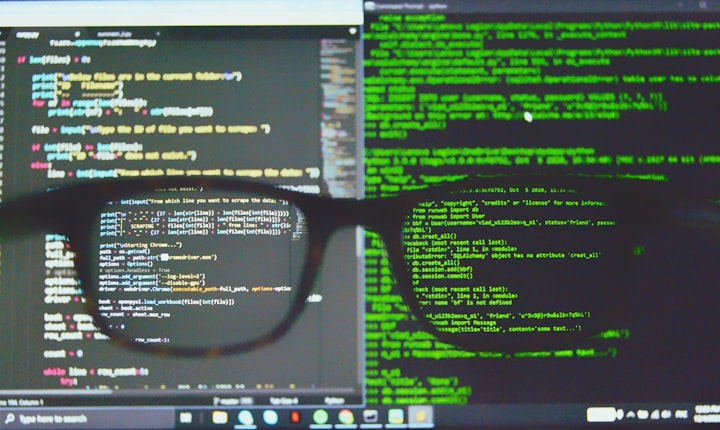How should I start learning Python?
Python Learning Hacks

Python is a popular programming language known for its simplicity, versatility, and ease of use. Whether you're a beginner or an experienced programmer, learning Python can be a valuable skill that opens up a world of possibilities for you. In this article, we'll guide you through the steps of getting started with Python and help you develop a solid foundation for your learning journey.
Install Python
The first step to learning Python is to install the Python interpreter on your computer. The Python interpreter is a program that executes Python code. You can download the Python interpreter from the official Python website (https://www.python.org/downloads/). Make sure to choose the appropriate version of Python for your operating system.
Choose an Integrated Development Environment (IDE)
An Integrated Development Environment (IDE) is a software application that provides a comprehensive environment for writing, testing, and debugging code. There are many IDEs available for Python, such as PyCharm, VS Code, and Jupyter Notebook. We recommend starting with a lightweight IDE like VS Code or Jupyter Notebook, as they are easy to set up and use.
Learn the Basics
Once you have installed Python and an IDE, it's time to start learning the basics of the language. There are many resources available online, such as Python documentation, tutorials, and online courses. We recommend starting with the official Python documentation (https://docs.python.org/3/tutorial/index.html), as it provides a comprehensive introduction to the language.
Some of the key concepts you should learn in Python include:
Variables and Data Types: Variables are used to store data in Python, and data types define the type of data that a variable can hold.
Control Structures: Control structures are used to control the flow of execution in Python. These include if-else statements, loops, and functions.
Input and Output: Input and output functions are used to interact with the user and display information to the user.
Lists and Dictionaries: Lists and dictionaries are data structures used to store and manipulate collections of data in Python.
Practice, Practice, Practice
The best way to learn Python is by practicing writing code. Start by writing small programs that perform simple tasks, such as printing "Hello, World!" to the console or calculating the sum of two numbers. As you gain more experience, you can start working on more complex programs, such as building a web application or a machine learning model.
Join the Community
Python has a large and active community of developers who are always willing to help and share their knowledge. Joining the Python community can be a great way to learn from others and stay up-to-date with the latest trends and developments in the language. There are many online forums, social media groups, and meetups dedicated to Python, where you can connect with other developers and ask for help or advice.
Conclusion
Python is a powerful and versatile programming language that can be used for a wide range of applications, from web development to machine learning. Learning Python can be a rewarding experience that opens up a world of possibilities for you. By following the steps outlined in this article, you can develop a solid foundation for your learning journey and start writing Python code in no time. Remember to keep practicing and learning, and don't hesitate to reach out to the Python community for help and support.
About the Creator
Santosh Belbase
I Write Blog, who enjoys technology, YouTube Tips & Tricks, SEO, Travel Cities knowledge, Fitness courses,poem and fictions,True Crime Stories and helping people access information that they need.






Comments
There are no comments for this story
Be the first to respond and start the conversation.